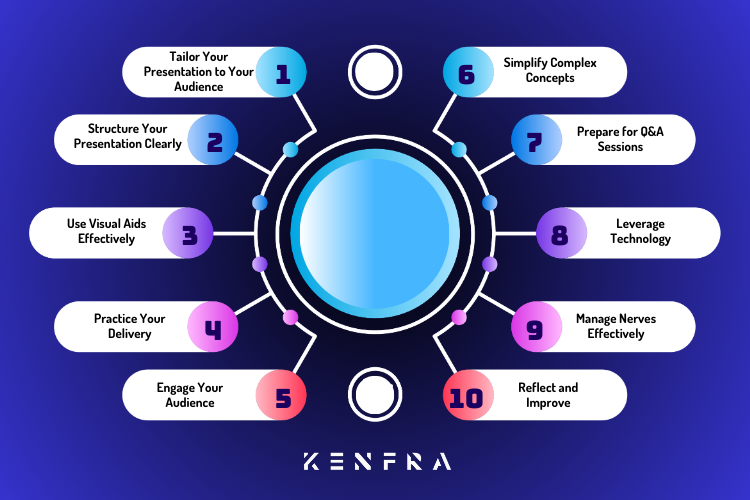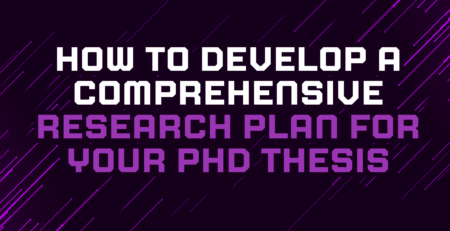12Dec
- Home
- Presenting PhD Research Effectively: Essential Tips for PhD Students
- PhD Research Updates, PhD Research Methodologies, pre processing, phd research, Research Topics, Thesis, Right Research Topic, Review the Literature, Thesis Writing, Writing an thesis, Writing the Thesis, Presenting PhD Research, Essential Tips, PhD Students
- Presenting PhD Research Effectively: Essential Tips for PhD Students











Leave a Reply